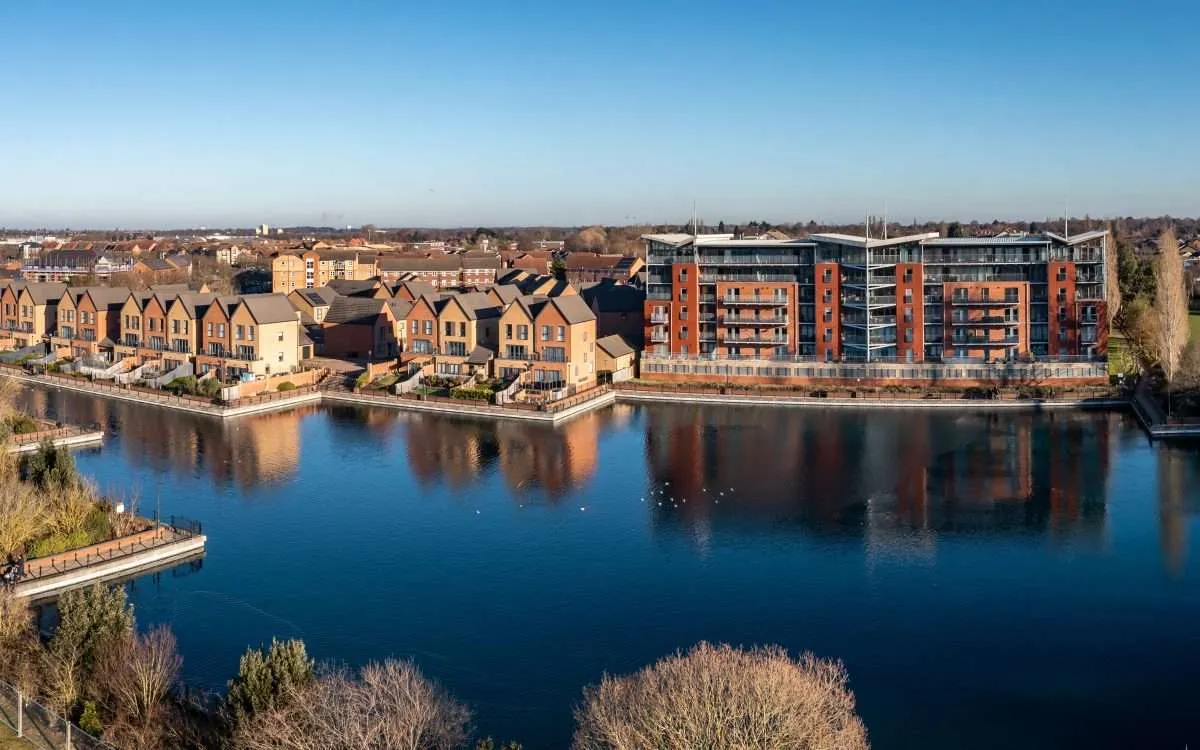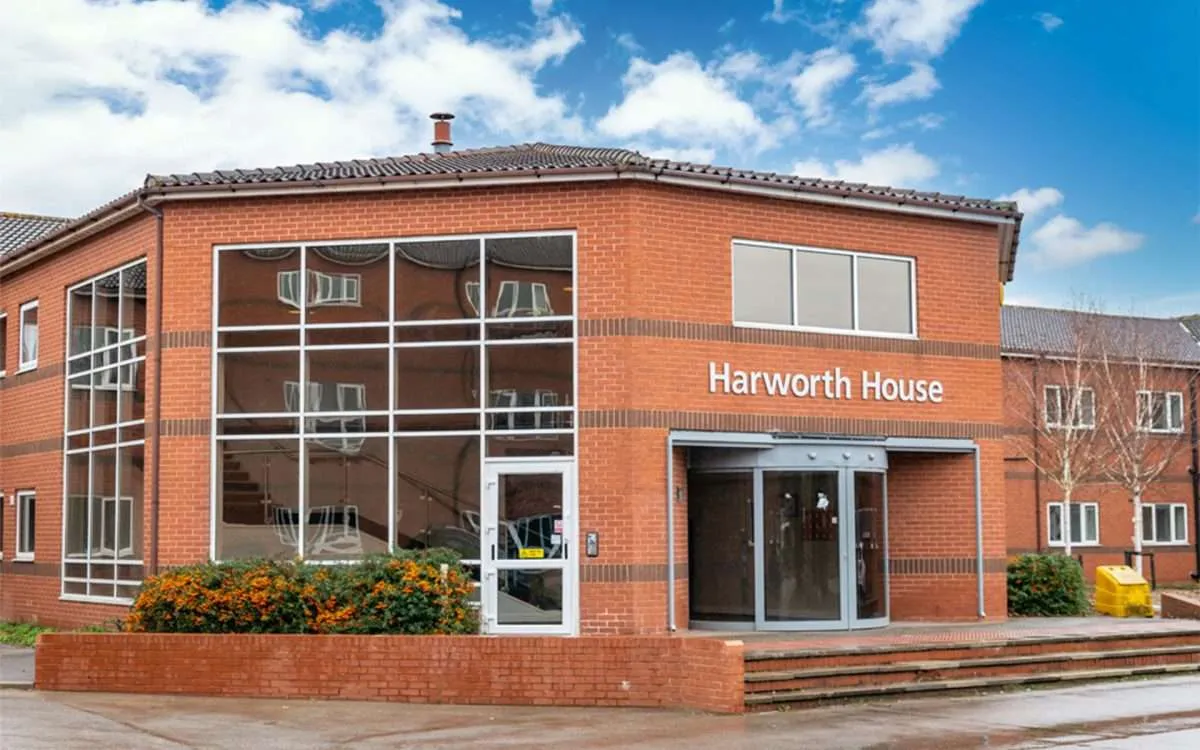How Long Does the Bank of Mum and Dad Have Left?

The ‘Bank of Mum and Dad’, we all know this turn of phrase now, so much so that it’s now in the dictionary, meaning “(especially in the context of property purchase) a person’s parents regarded as a source of financial assistance or support.”
To a certain extent, it’s valid to argue that the incredible rises in house prices recently are in part thanks to this transfer of generational wealth, as well as via government incentives like the stamp duty holiday, right to buy, help to buy and lifetime ISA’s.
That being said, the fundamentals of the market are very strong. Supply isn’t expected to get close to meeting demand any time soon and this dynamic will always see upwards pressure on prices.
For landlords, it’s often not so much the pace of price rises rather than the yields that investment property brings as a proportion of that value. Property, intrinsically, isn’t a particularly liquid asset so realistically there aren’t many investors cashing in big on a regular basis on market fluctuations, unless a new valuation can raise further finance.
If the bank of mum and dad is such a large part of young people buying property, how long can that be expected to last?
The Bank of Mum and Dad continues to support buyers
If the economy is expected to enter recession in the next 12 months, inflation is at historic highs and consumer spending is slowing to a halt, then how can people possibly expect to continue gifting large chunks of wealth to their kids to buy houses?
As reported by Property Wire, this method of getting a deposit is approaching historic highs, too. The report said “In March, borrowers continued to rely on their loved ones to boost their borrowing power, according to new research from Legal & General Mortgage Club’s SmartrCriteria tool. Searches for homeowners looking for joint borrower sole proprietor (JBSP) mortgages climbed by 17% in March, suggesting that borrowers are relying on financial support. Activity in the buy-to-let market reinforced this trend, as searches for gifted equity on behalf of landlords jumped by 38%.”
Fundamentally, and in the longer run, it’s reasonable to expect that this line of funding isn’t sustainable and whilst the market will likely remain fundamentally sound with prices continuing to rise, the new buyers at the bottom aren’t likely to continue at this pace, especially as the Bank of England are expected to need to keep raising interest rates.
Young people more likely to rent
For investors, this is good news in the sense that it’s more than likely to mean more renters entering into the market, continuing to drive rents and, as such, yields along with it.
A lack of supply will mean that buy-to-let property will become more easily accessible, and it’s likely that more people than ever will need private rental property.
If you’re considering becoming a buy-to-let landlord or investor, certainly in uncertain economic times, it certainly makes sense considering the market conditions. You can take a look at our current available properties here, and if you’d like advice or more information why not get in touch with one of our specialists today?









